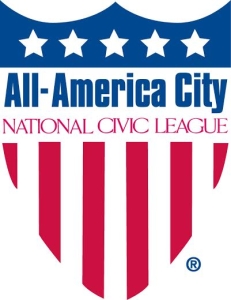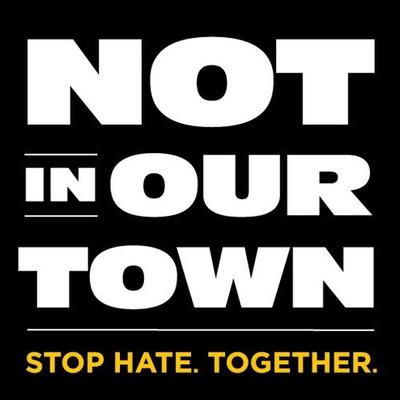The David Mathews Center – an NCDD member org – recently completed a great deliberative process focused on helping Alabama communities take action together to improve their town, and we think many in our network could learn a thing or two from it, so we’re sharing about it here. The DMC team wrote an insightful piece on their three-stage process of moving the town of Cullman from talk to collaborative action, and we encourage you to read it below or find the original version on their blog here.
What’s Next, Cullman? Pilot Program Wraps Up
 The DMC recently wrapped up its pilot forum series for What’s Next, Alabama? in the city of Cullman, with promising results.
The DMC recently wrapped up its pilot forum series for What’s Next, Alabama? in the city of Cullman, with promising results.
What’s Next, Alabama? (WNAL) is shaping up to be the Mathew Center’s largest programmatic undertaking to date. WNAL is a part of the DMC’s flagship program, Alabama Issues Forums (AIF), and will feature three deliberative forums in each community, focused broadly on issues of community, economic, and workforce development.
The first forum will ask, “Where are we now?” How did your community get to where it is today? What has been working well, and what hasn’t? What are the assets already have at your disposal? The second forum will ask, “Where do we want to go?” What would you like to change about your community? What would you live to preserve? What issue(s) would you like to tackle? What are your priorities? The third forum will ask, “How do we get there?” Using the resources you have, what is most doable? What are the next steps? How can you move from talk to action? Partnering with local conveners including the LINK of Cullman County and the Alabama Cooperative Extension System, we were able to launch What’s Next, Cullman? as a pilot program and our first WNAL community.
The first forum gave the community an opportunity for deep reflection on the changes Cullman has seen through the years. Attendees crafted an exhaustive list of what they loved about their community and what assets they could leverage, before moving on to discuss the challenges that face their community. The second forum allowed the community to take the challenges identified, and craft them into opportunities for action. Of all the issued discussed, two rose to the surface, and were identified as priorities for the community: developing “soft skills” in the community’s young people, and expanding options for public transportation.
In the final forum, attendees really prioritized the lack of public transportation options, and began to make a plan to move toward action. After much deliberation, the community came to an ingenious, asset-based plan for creating more options for transportation: tapping into the vast network of churches in the community, they could create an inter-congregational ride share program. With each church operating on a neighborhood-wide level, and with the cooperation of the many other churches in the city, even the tiniest effort by an individual church could have a huge impact, when combined with the efforts of other churches.
This is a prime example of how ordinary citizens, in no official “position of power” are able to leverage their inherent power and expertise as members of a community in order to take a fresh look at the assets of their community, and build a local solution to address a local challenge. This is the kind of locally-grown civic action that the DMC hopes to cultivate with the WNAL forum series.
As we have worked towards launching this forum series, we are invariably heartened by the care and dedication exhibited by Alabamians for the place they live. We are incredibly grateful for our conveners in Cullman, and the community at large, for embracing us and giving us the opportunity to work with them. We are confident that as WNAL evolves, and more resources become available, the potential for Alabamians to build civic infrastructure in their own communities will increase exponentially.
You can find the original version of this David Mathews Center blog post at www.mathewscenter.org/wnal-cullman-pilot.








 NCDD is here to support our members and the broader network of people and organizations working to help people come together across divides and make better decisions for our communities. All of the work we do is for the benefit of the field – connecting members to one another at
NCDD is here to support our members and the broader network of people and organizations working to help people come together across divides and make better decisions for our communities. All of the work we do is for the benefit of the field – connecting members to one another at  We know that 2017 will be a year where dialogue & deliberation are more essential than ever and that it can make a key difference in the direction of our communities and our country. We are so honored and grateful to serve such an amazing network, and NCDD is determined to expand the reach and impact of our individual and collective work in 2017. We ask that you support us in our continued efforts to do so.
We know that 2017 will be a year where dialogue & deliberation are more essential than ever and that it can make a key difference in the direction of our communities and our country. We are so honored and grateful to serve such an amazing network, and NCDD is determined to expand the reach and impact of our individual and collective work in 2017. We ask that you support us in our continued efforts to do so.


